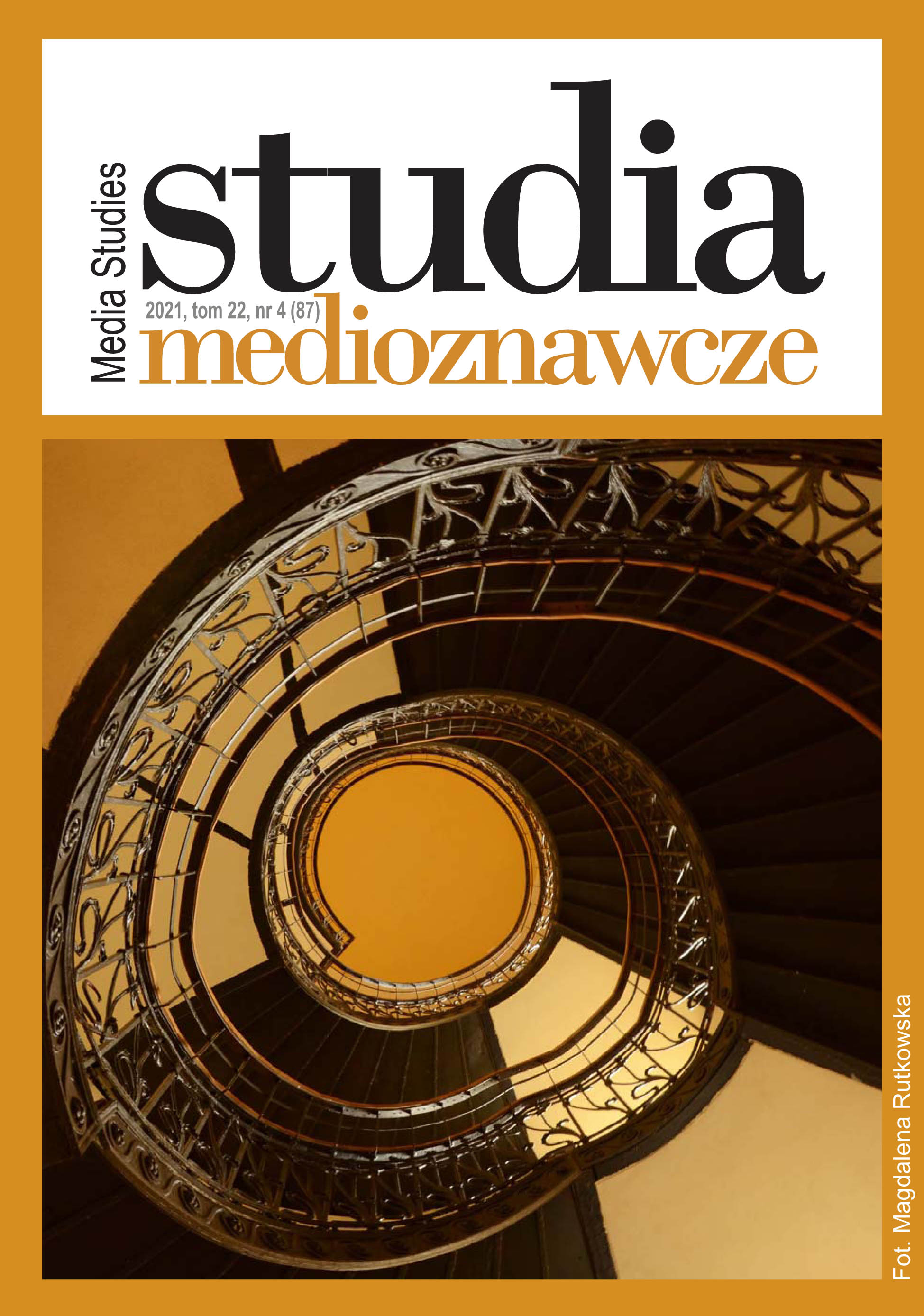Oglądając, słuchając, czytając – na co zwracamy uwagę? O wpływie komunikacji niewerbalnej na to, ile zapamiętujemy z przekazów, na przykładzie orędzia noworocznego
Watching, Listening, Reading: What Do We Pay Attention to? How Non-Verbal Communication Impacts How Much We Remember from Messages on the Example of the New Year’s Speech
Author(s): Jagoda BlochSubject(s): Media studies, Theory of Communication
Published by: Wydawnictwo Wydziału Dziennikarstwa, Informacji i Bibliologii Uniwersytetu Warszawskiego
Keywords: non-verbal communication;verbal communication;New Year’s speech;media coverage; public speaking
Summary/Abstract: Scientific objective: The article deals with the inseparability of verbal and non-verbal communication in media coverage, especially on television. Recipients derive information from what they see, what they hear, and the content that reaches them. The recipient’s attention is therefore divided into tracking different communication channels, and this may mean that some information may be omitted. In order to check how much information may go unnoticed, a special test described in this article has been performed. Research methods: The recording of a New Year’s speech given by the President on the last day of the year was used for the study, so it is a message belonging to a specific genre of speech. The study consisted of stratifying the message and then examining how much information is noticed when the recipient’s attention is focused on only one communication channel and analyzing it: (1) the visual channel, without sound; (2) the audible channel––without image; (3) the text of the speech being read. The study was conducted using focus group interviews, a common method used to obtain an opinion on a given subject. The results are not surprising - it turns out that obtaining information from several channels simultaneously provides much information. However, only the stratification of the channels shows how much new information reaches the recipient when his or her attention is focused on each channel separately. Originality/cognitive value: The research proves the intuitive conviction of maintaining focus on the perception of various media content. Public speeches are a frequent practice by politicians and experts, it’s important to remain focused, as to not succumb to false information, which can be favored by a so-called information overload. The research also serves to point out the great importance of the rhetorical decorum rule, for creating media messages.
Journal: Studia Medioznawcze
- Issue Year: 22/2021
- Issue No: 4
- Page Range: 1077-1087
- Page Count: 11
- Language: Polish

